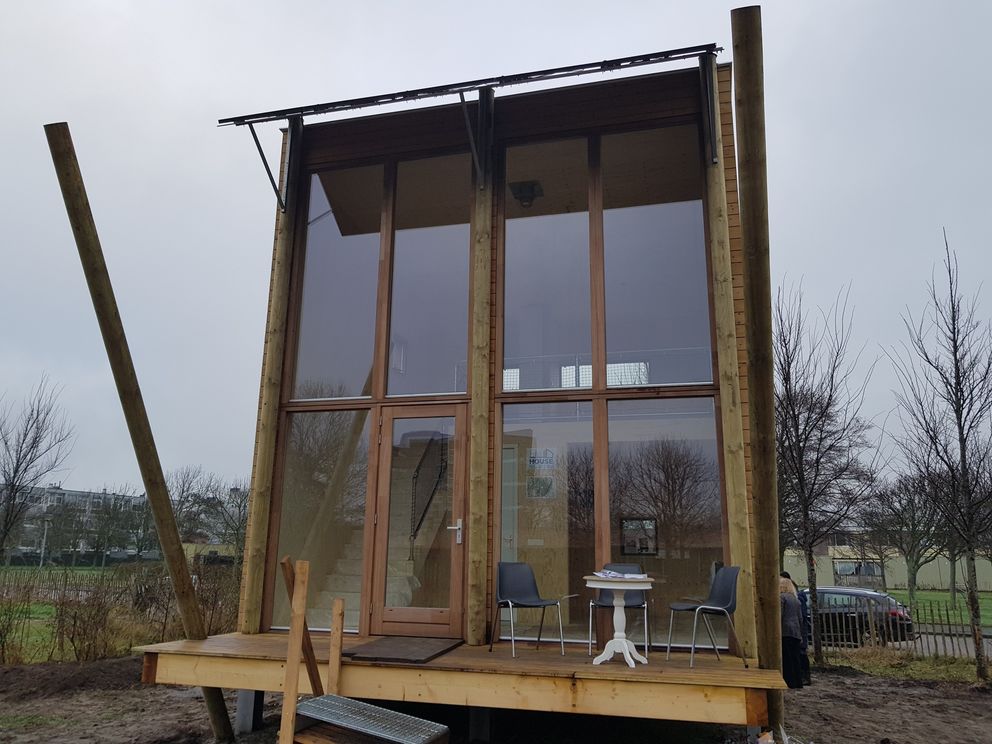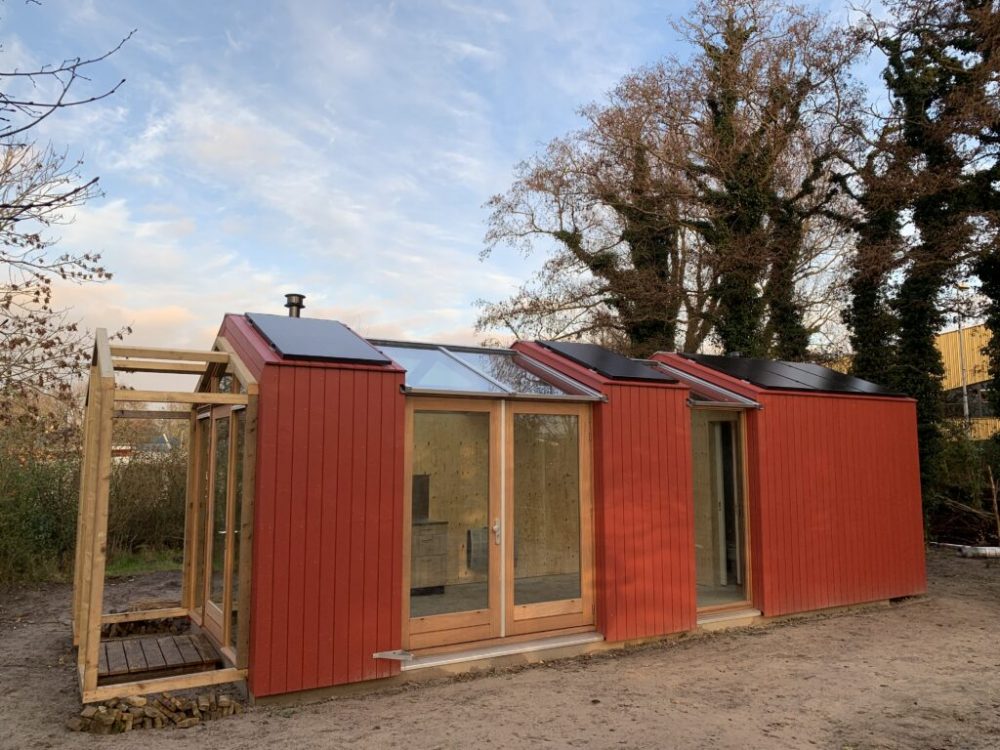Dutch housing corporations embrace Tiny Houses
USP Marketing Consultancy constantly examines developments in the Dutch housing market. Recent research shows that flexible housing concepts are high on the agenda of small and medium-sized corporations. A conversation with Veerle Forschelen-Janssen from USP provides insight.
In February 2021, a large number of parties presented the Housing Action Agenda, containing the most important themes for the housing market and possible solutions. Veerle explains why the survey was conducted among housing corporations: “Corporations operate within all themes of the Housing Action Agenda. That is why USP has conducted research among corporations to investigate their main challenges and possible solutions, but also the differences in insights.”

More modular concepts
The first action item on the Action Agenda is: one million future-proof homes in 10 years. The research shows that corporations mainly focus on flexible housing concepts and focus on specific target groups, such as care-related housing supply. Veerle notices that modular living concepts are high on the housing association agenda: “More than half of the housing associations say they have modular housing concepts on their program for the coming year. It is particularly an interesting direction for medium-sized and small corporations who wish to respond quickly to the high demand for homes, but also to be flexible at a later date in meeting changing requirements. ”
Half of the housing associations are also planning concepts in which housing and care are combined. This percentage is noticeably higher for housing associations that are active in the west Netherlands (74%).
Tiny Houses
When asked about which housing concepts are planned for housing associations in the coming year, more than 20% of the surveyed housing associations indicated Tiny Houses. The percentage of corporations with plans for Tiny Houses is about the same for large urban cities and smaller, more rural towns.
Veerle adds: “But if you delve deeper into the figures, you will also find differences. For example, by making a distinction between larger and smaller corporations. For example, it is mainly the smaller and medium-sized corporations that are charmed by Tiny Houses. In comparison, the larger corporations less often have a concrete Tiny House agenda. And enthusiasm can also differ per region. What is particularly striking is that in the West Netherlands only 11% of the Tiny House corporations have plans for Tiny Houses. This is significantly higher in the other regions.


Housing corporations in the lead
Housing associations see themselves as a frontrunner in the market for developing new housing concepts. Veerle: “More than half of the housing corporations (53%) consider their sector as the most suitable party to launch new housing concepts. Medium and small corporations in particular seem to want to be at the forefront in this field. They more often think that housing associations are the logical party for this and more often have various new housing concepts planned for the coming year.
As an important condition for actually being able to put the new housing concepts into practice, support from the municipalities is indispensable. “Almost three quarters of the housing associations (73%) expect more support from the local government. Particularly in making (affordable) locations available more quickly. The vision and central direction from the national government is also missed; 88% plead for a housing minister in the next cabinet.
Click here to request the report with all findings from this research free of charge:
For more information, please contact:
USP Marketing Consultancy, Business Unit Residential & Real Estate:
Veerle Forschelen-Janssen (forschelen@usp-mc.nl)
Gerwin Sjollema (sjollema@usp-mc.nl)
Images: USP Marketing Consultancy, Groninger Huis and Woningstichting Den Helder



Leave a Reply